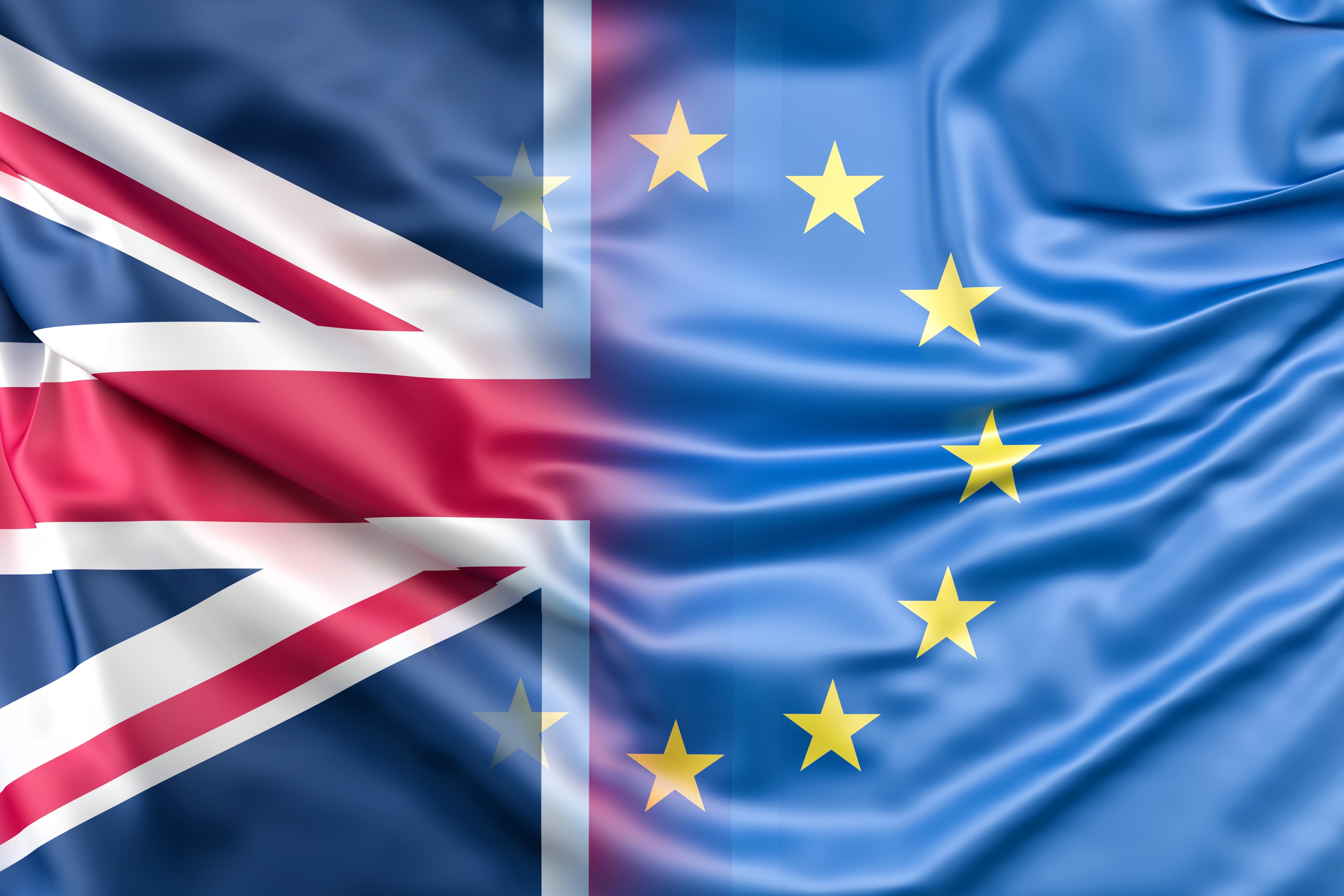After the European Parliament gave its consent to the United Kingdom’s (UK) withdrawal agreement, the Britain officially withdrew from the European Union (EU) on 31 January 2020. This will have consequences for trade between Rotterdam and the UK, Port of Rotterdam highlights in its latest release.
Depending on the terms agreed for the new UK-EU relationship, free trade will be impeded to a greater or lesser extent by new formalities, tariffs, quality regulations and environmental standards, according to the port of Rotterdam.
In practice, there will be no concrete changes until 31 December 2020 at the earliest, since 31 January marks the start of a transition period. During this transition period, the EU and the UK will enter into negotiations on their future partnership after 31 December 2020. But any extension to the transition period must be agreed by the end of June.
For the port of Rotterdam, it is crucial that the ensuing treaty arranges the most favourable conditions for the import, export and transit of goods between the two markets. As far as the UK and EU’s respective customs, veterinary and phytosanitary formalities are concerned, this calls for uniform terms wherever possible.
Port of Rotterdam says that every day, some 3,000 trucks drive to and from the ferry terminals in the port, and over 40 million tonnes of goods are imported or exported between Rotterdam and British hubs.
The Port of Rotterdam has already been preparing for the UK’s withdrawal from the EU, introducing Portbase, which helps parties to continue to trade goods without further complications. The port says that registering with Portbase is a “no-regrets investment”, because whatever shape the EU-UK partnership will take in the years ahead, it will in any case involve additional formalities and checks.
Port of Rotterdam adds that it is ready to take new measures in the future to limit the impact of Brexit, if the EU and UK do not manage to conclude a trade agreement.







